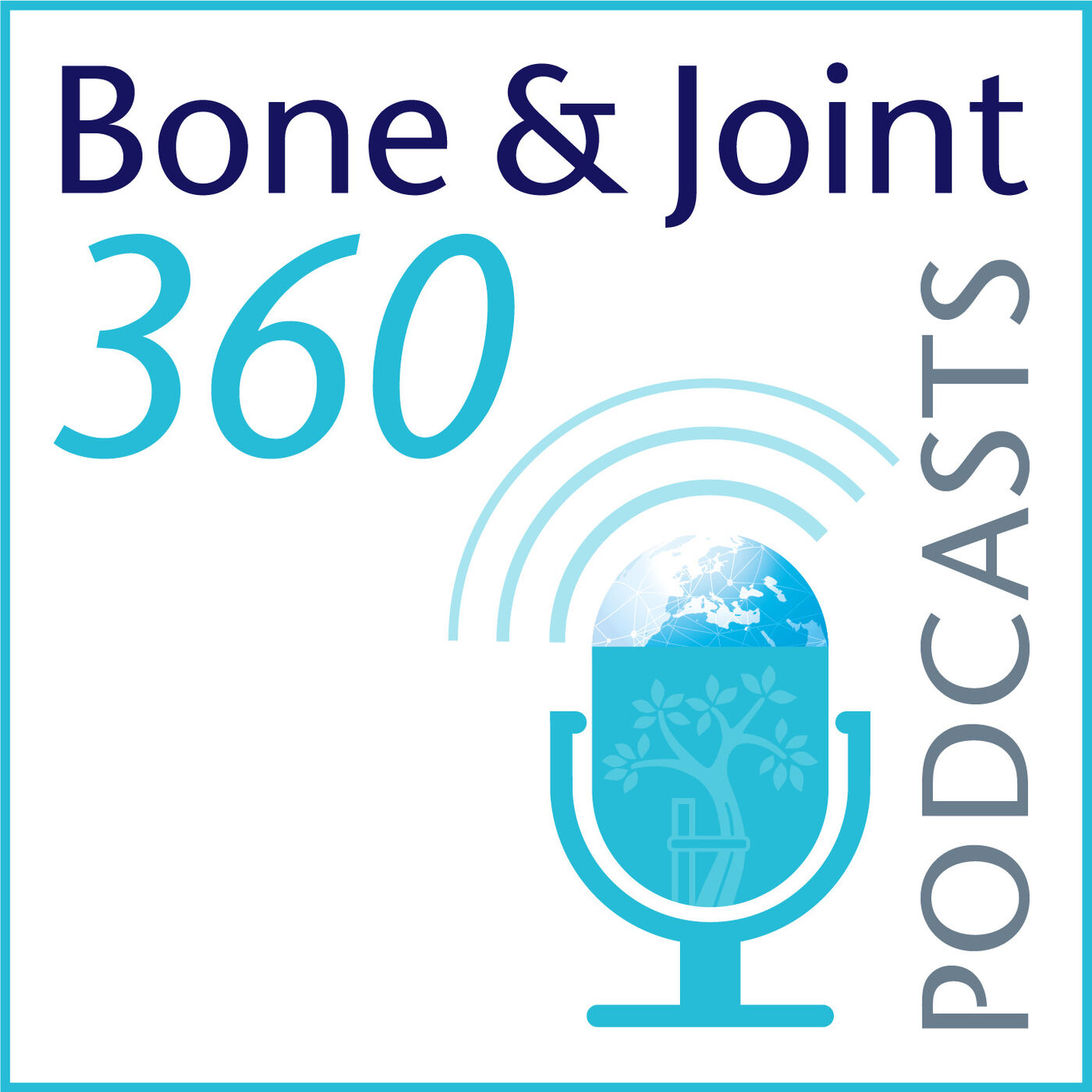How does signaling add value in the application process to both applicants and orthopaedic surgery residency programs? What are the answers to the most frequently asked questions about participation in the Association of American Medical Colleges (AAMC) Supplemental ERAS® application for the upcoming 2022-2023 residency recruitment cycle, which includes preference signaling? And how did the AOA’s Council of Orthopaedic Residency Directors (CORD) arrive at the maximum number of 30 signal preferences?
Alexander W. Aleem, MD, FAOA, hosts a special AOA podcast with S. Trent Guthrie, MD, FAOA, Residency Program Director for Henry Ford Hospital, and Tessa Balach, MD, FAOA, Associate Professor at The University of Chicago Department of Orthopedic Surgery and Rehabilitation Medicine. Dr. Balach, Chair of the CORD/Academics Committee and Dr. Guthrie, leader of the AOA/CORD signaling work group, discuss the advantages of signaling, the importance of academic advisors in decision-making, and practical tips for students in navigating the process.



